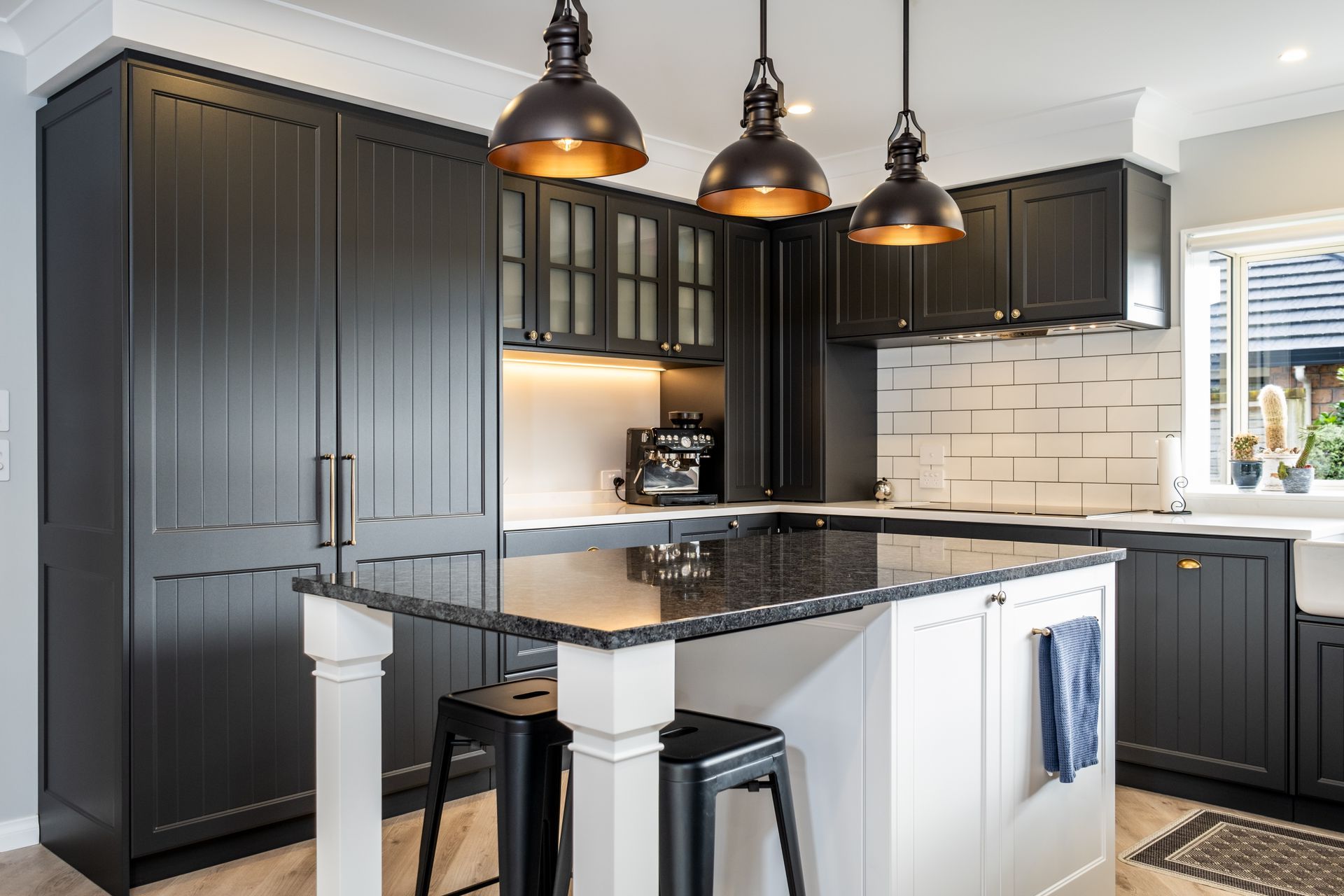
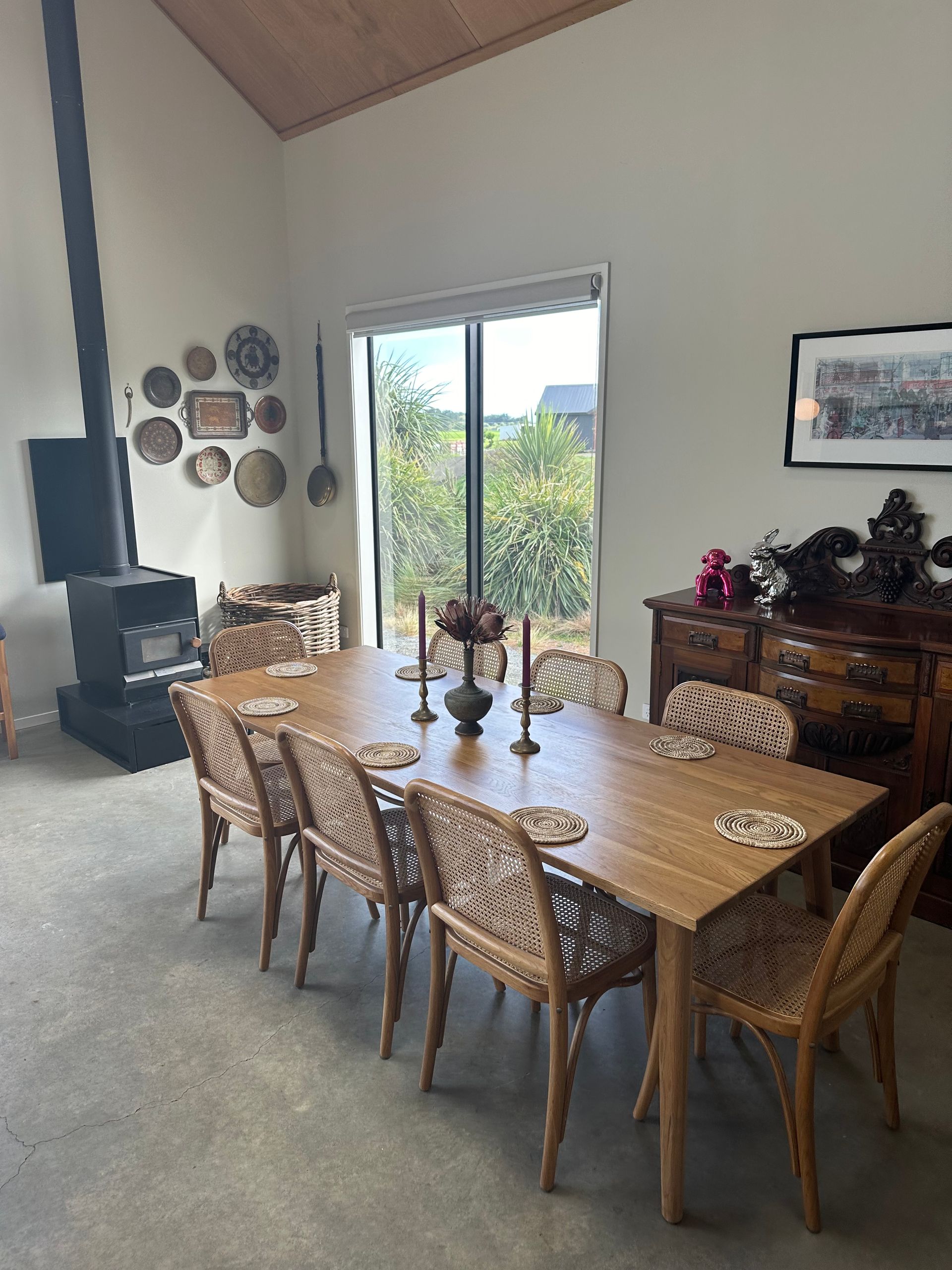
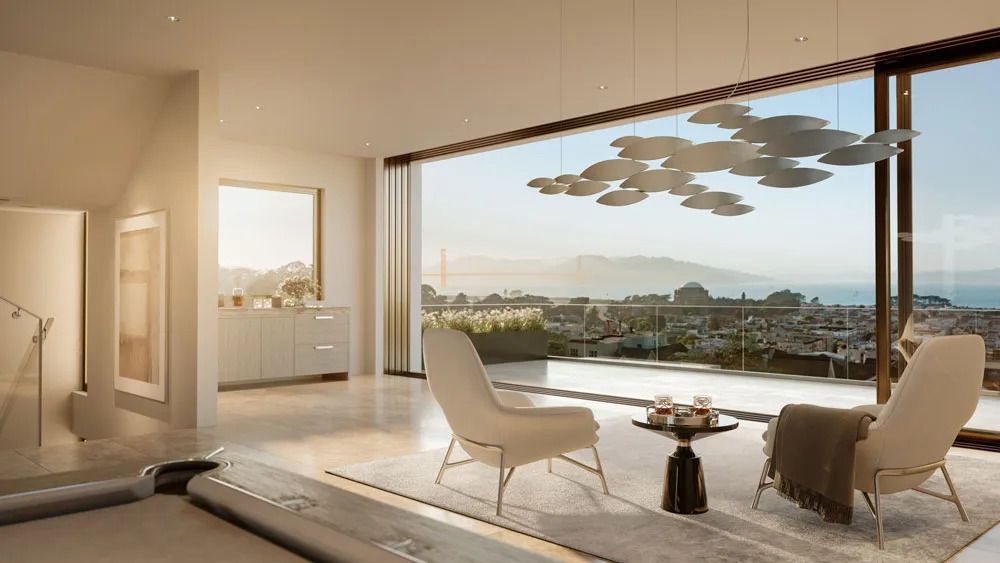


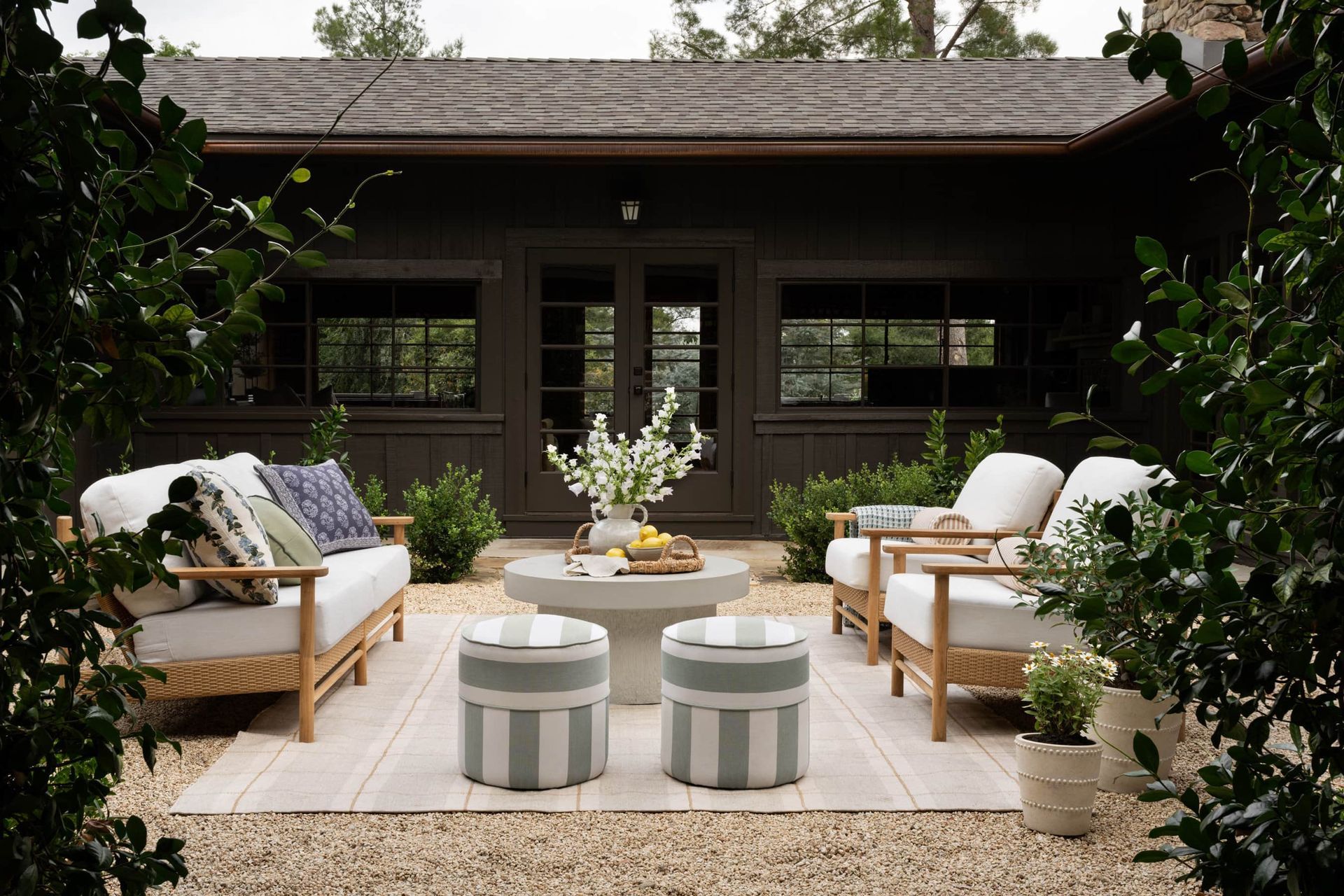
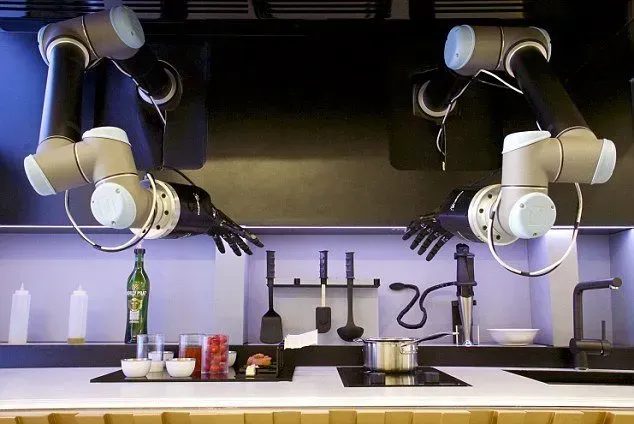



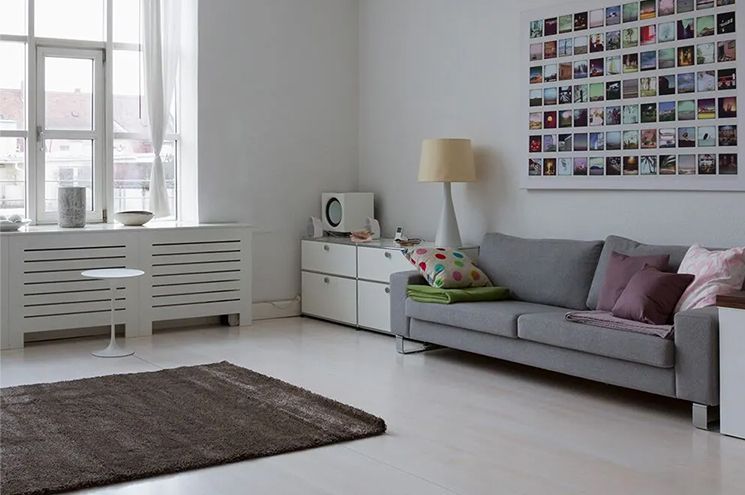



It's FREE and comes to you via email every month providing informative articles, tips and ideas!
Have you thought about renovating but don't know where to start?Browse and download a variety of E-Books and other resources that cover tips and tricks, latest trends and breakdown the renovation process.
Back to: